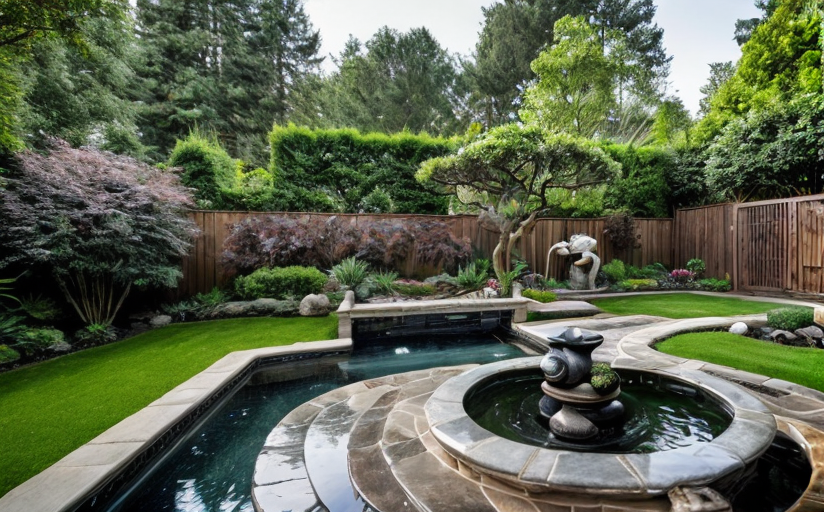Feng Shui in Home Gardens: Integrating Harmony and Balance
Feng Shui is an age-old Chinese system of laws considered to govern spatial arrangement and orientation in relation to the flow of energy (chi). By weaving Feng Shui principles into our home garden designs, we can enhance the aesthetic appeal and introduce tranquility, and create a balanced, healthier space filled with positive energy.
The Concepts of Feng Shui
The principle of Feng Shui revolves around the balance between humans and nature. Originating from China over 3,000 years ago, Feng Shui has since been integrated into the architecture and landscaping of homes, offices, and public spaces. This philosophy's main aim is to position a human-built environment on spots with good Qi - the essence of life energy.
Benefits of Feng Shui in Home Garden Designs
Integrating Feng Shui in our home gardens promotes peace, balance, and prosperity. It enhances the aesthetic appeal of our exteriors, making it captivating to the eyes. Practical examples and easy-to-follow procedures guide how these Chinese principles can be applied to landscaping and gardening.
Directional Elements and Matching Colors
In Feng Shui, each direction correlates to an element - North (Water), East (Wood), South (Fire), and West (Metal) for instance. Harmonizing these elements with their matching colors, periodically updating plant and decor choices as per Feng Shui cycles can effectively balance energy. For instance, the north-east area of a garden should ideally have earth elements like rocks and can use warm earth colors like brown, yellow or orange.
Suitable Plants
Feng Shui encourages the use of plants that have a strong life-affirming energy. Incorporating such plants like lucky bamboo, jade plants, or any rounded leaf plants, barbed plants like cacti are traditionally avoided in Feng Shui as they can create a disputatious energy.
Pathways and Water Elements
Pathways should be smooth and winding, similar to the movement of natural elements to evoke a calming, peaceful stroll through the garden. Water elements - fountains or ponds, are also critical in Feng Shui and should be kept clean and clear to encourage the smooth flow of energy.
Conclusion
Incorporating Feng Shui principles into our home gardens allows us to stray closer to nature while fostering harmony and balance in our living spaces. It provides the balance and nourishment stemming from the earth, enhancing a conducive environment for growth, prosperity, and tranquility.





















Comments
Leave a Comment